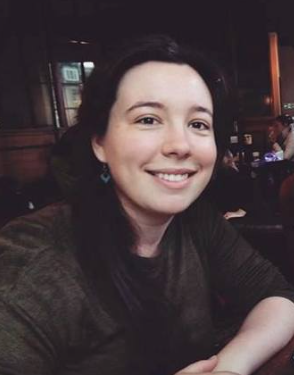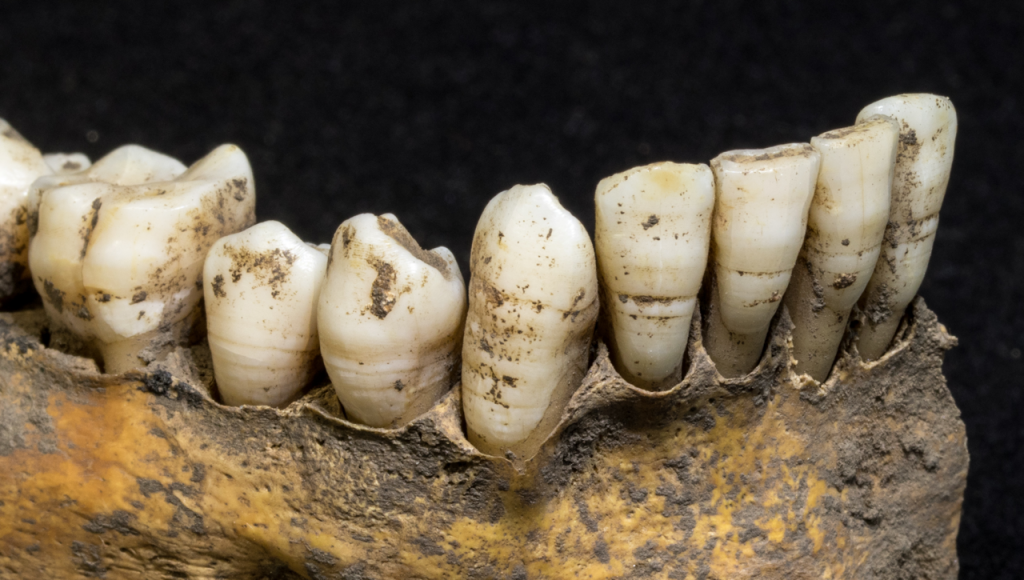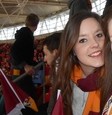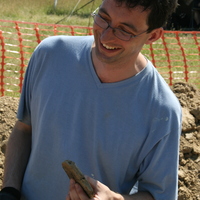The Postgraduate Forum have organised an evening of lightning talks in which several of our postgraduate students will deliver a five-to-ten-minute paper on their research, followed by a brief Q & A session.
Everyone is welcome to attend, please join us online on Tuesday 19th January from 5pm to hear about the fascinating research that is going on within our postgraduate community.
For the Zoom information please email Leanne at l.smith28@newcastle.ac.uk
Speakers (in no particular order)
Harriet Palin (History) – ‘Educating England, c.1500-1640’
Harriet is a first year PhD History Candidate whose research looks at religious education in Early Modern England. In particular she is interested in media such as catechisms, hymns and prayerbooks and how such tools interacted as part of the pedagogic experience of the sixteenth and seventeenth centuries. Harriet also considers at themes of childhood, educational barriers and aurality and is happy to discuss these topics as part of the wider history of education.
John Pearson (Archaeology) – ‘Getting Started with Glass Production Practice in Medieval Spain: The Fun and the Frustration’
John recently returned to higher education after a long absence. He finished a taught MA in Archaeology here at Newcastle in 2019 which catapulted him into research on medieval glass production practice in Islamic Spain. John has had two periods of craft production practice during his working life, from 1985-1991 as a craft bookbinder and from 2008-2017 as a guitar maker. Practical engagement with materials and ‘thinking through making’ are central to his current research archaeological research.
Alberto Murru (History) – ‘“Le polizie dell’Asse”. Police Collaboration between Fascist Italy and Nazi Germany’
Alberto I started his PhD in 2017. He previously studied History in Bologna, Italy. His MA dissertation reconstructed the life of an Italian anti-propaganda organisation called ‘Anticommunist Study Centre’, which was created by the Fascist regime in the second half of the 1930s.
Craig Thomas (History) – ‘Peer Power: Scotland northern England under the 5th and 6th dukes of Buccleuch, c.1820-c.1914’
Craig is in the first year of his PhD in History. He previously completed his undergraduate and postgraduate degrees at the University of Dundee. Craig’s paper will give a brief overview of his Collaborative PhD between Newcastle University and Buccleuch Living Heritage Trust which will examine the industrial histories of the Buccleuch estates in Scotland and northern England under the 5th and 6th Dukes of Buccleuch, c.1820-c.1914.
Zoe Ainsworth (Archaeology) – ‘Historic landscape change in Northumberland’s upland valleys (HiLand)’
Zoe previously studied for both her undergraduate and masters in archaeology at UCLan. She is currently undertaking an Northern Bridge Collaborative PhD in landscape archaeology with the McCord Centre for Landscape and Northumberland National Park.
Elly Polignano (Classics) – ‘Marcus Argentarius: critical edition, translation and commentary’
Elly is in the first year of her PhD. Her research focuses on the widespread literary form of the epigram and Elly’s thesis will offer the first critical edition and commentary of Marcus Argentarius’s thirty-seven epigrams.
Joe Redmayne (History) ‘The British maritime industry, 1914–19: split labour market, white labourism and colonial seafarers’
Joe Redmayne is a second year History PhD student and is interested in global labour history. His doctoral research situates the location of County Durham during the year 1919 transnationally, and explores the global implications of Empire on British society through regional working-class consciousness. Joe is particularly interested in the category of ‘whiteness’ or ‘white labourism’ to renew our understandings of class consciousness in an age of world empires.
Kevin Graham- (History) – ‘The Centre Ground of British Politics from 1918’
Kevin is a lecturer in Politics and Law and he currently works as a part time Associate Lecturer with the Open University. Prior to becoming a lecturer, he worked in Politics as an MPs Researcher and developed an interest in political history. He lives locally and has previously been a parliamentary candidate and a local Councillor. His PhD focuses on the development of centrism in Britain and the role this has played in both addressing and responding to political changes over a one- hundred-year period.




